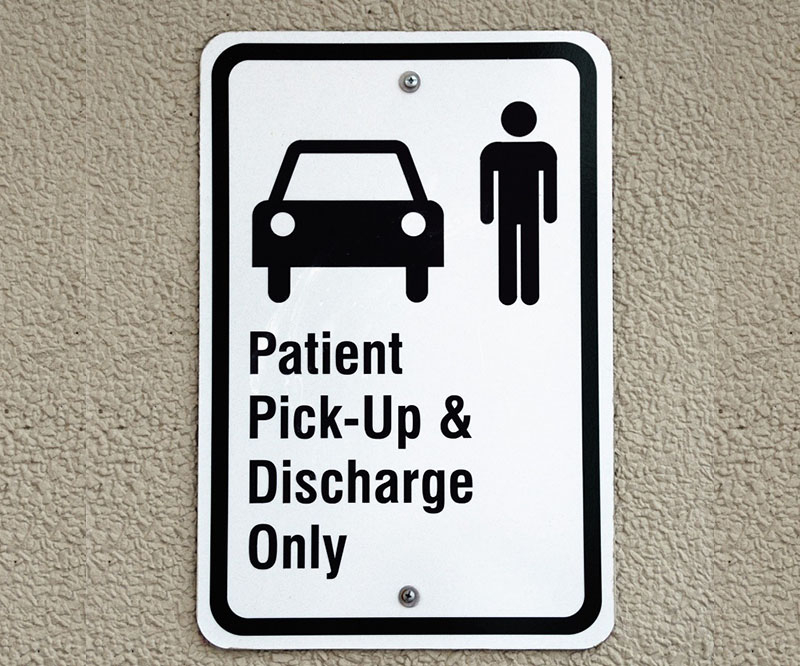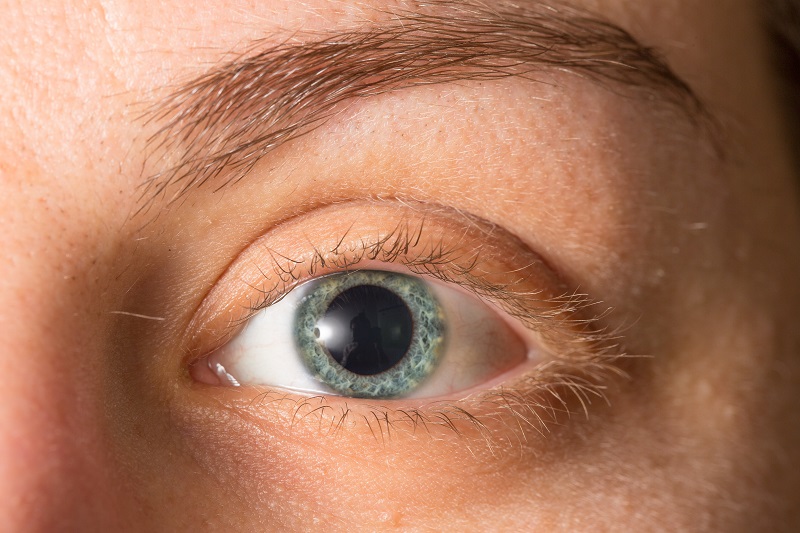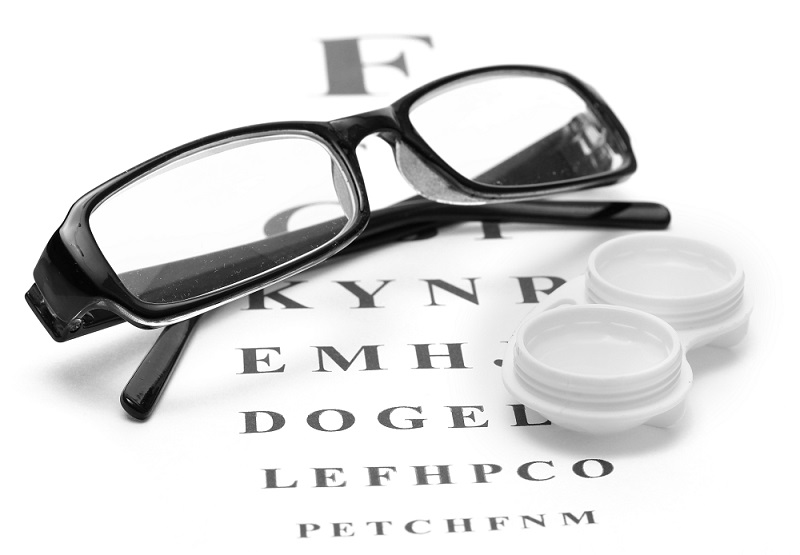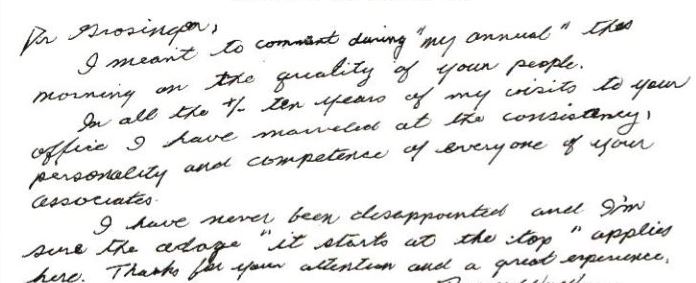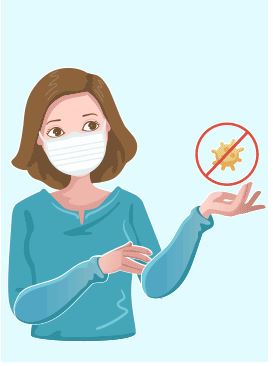
Your health and safety is always on the topmost of our minds when you visit our surgery center. We have made additional changes during the pandemic to provide you the eye surgery you need while reducing risk. It is normal to be a little anxious before surgery. We are here to lessen your stress and deliver the highest standard of eye care, surgical techniques, expertise and equipment, so that you can maintain the best possible eye health. Follow this link to read more about our patient and staff safety guidelines.


